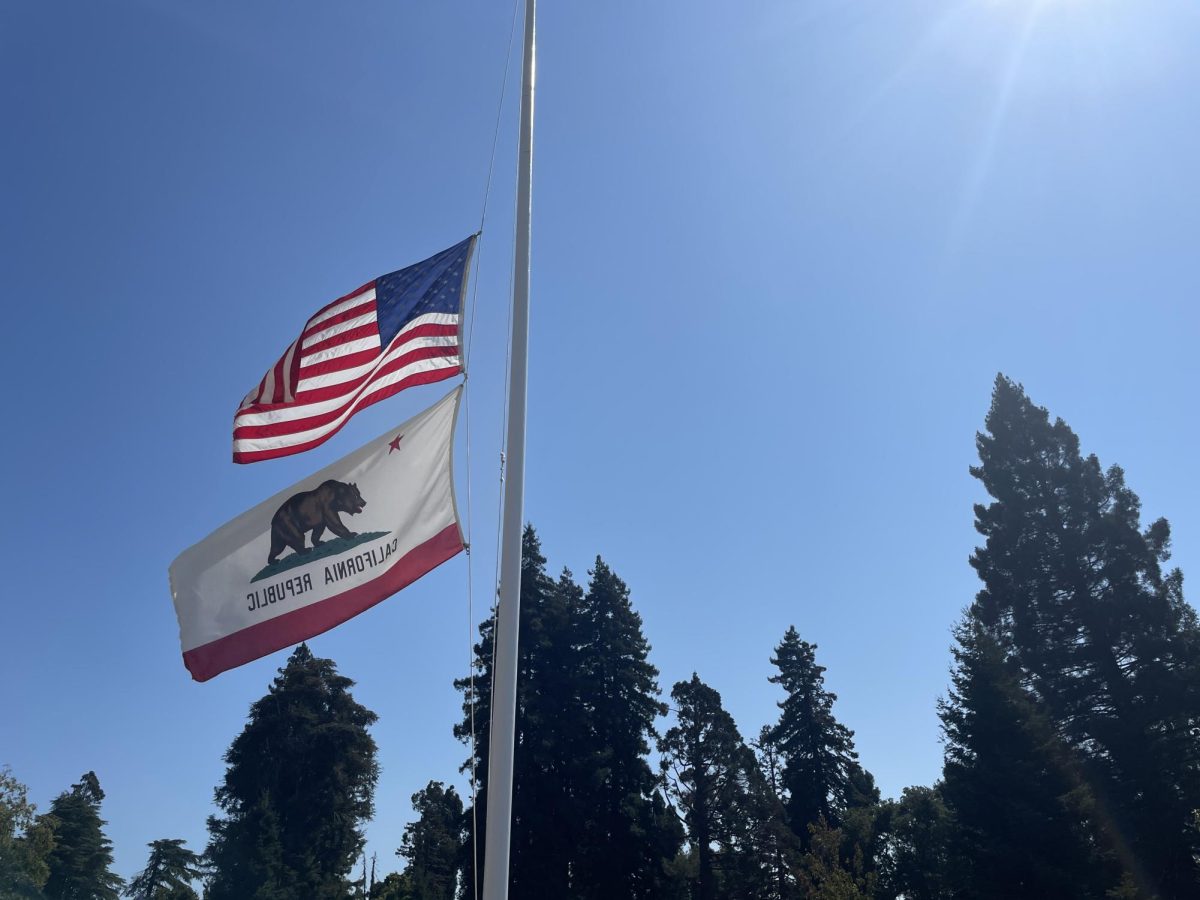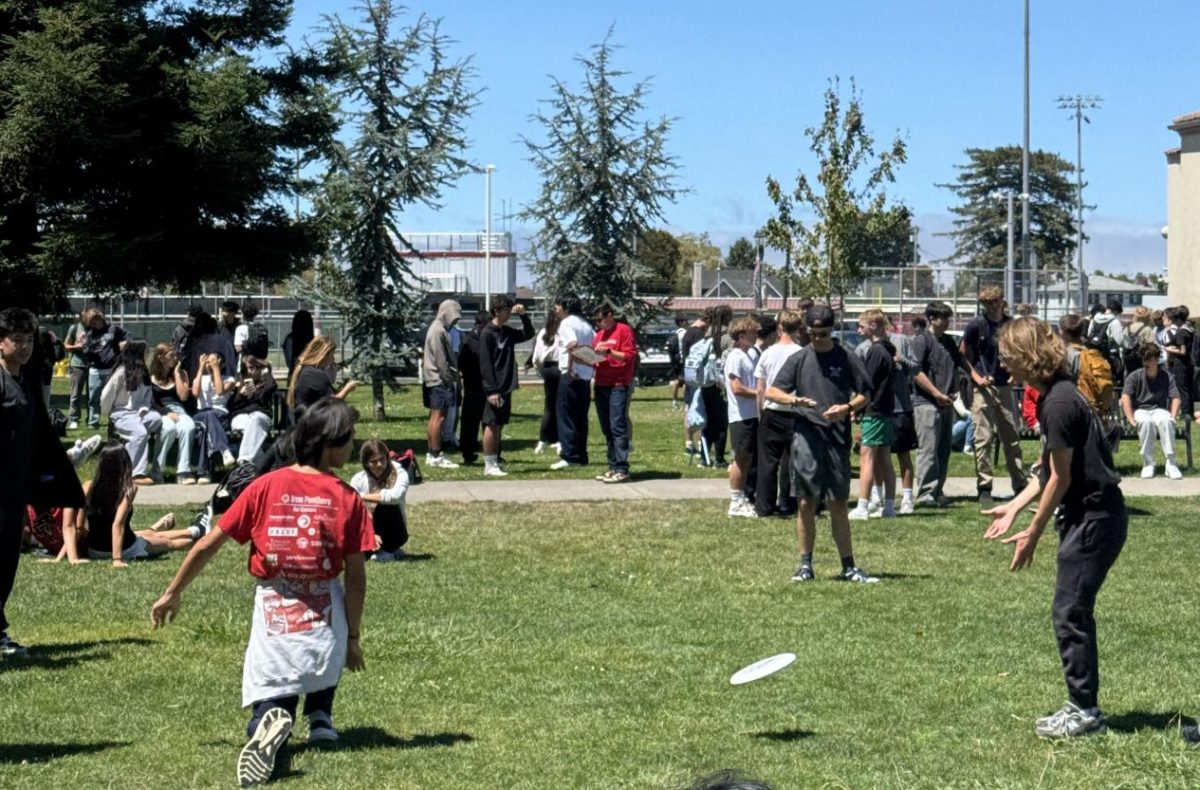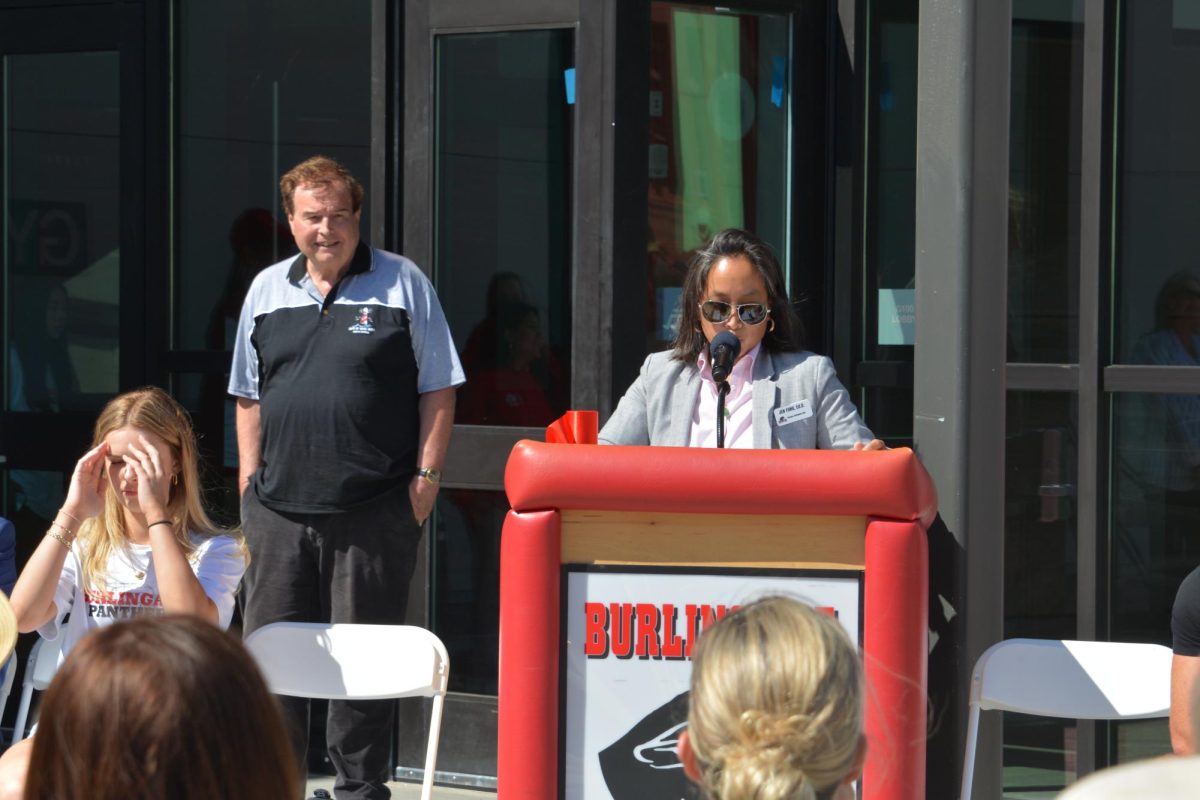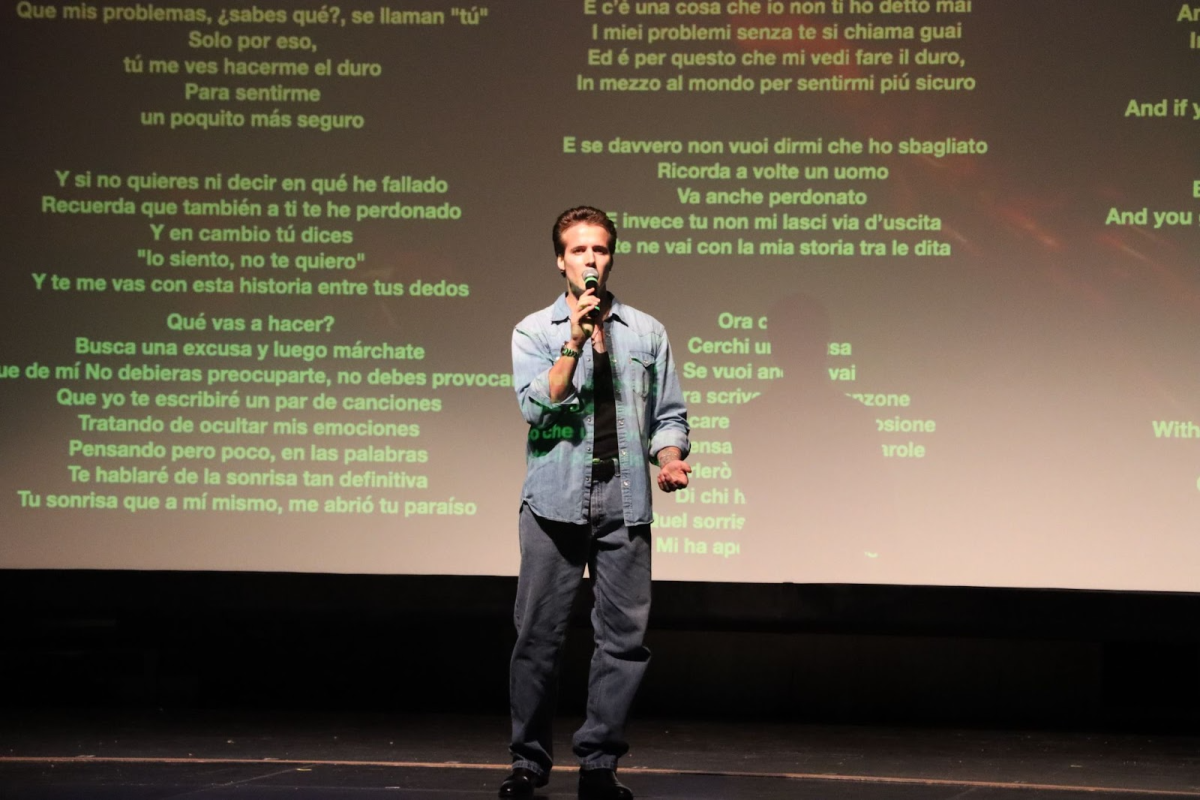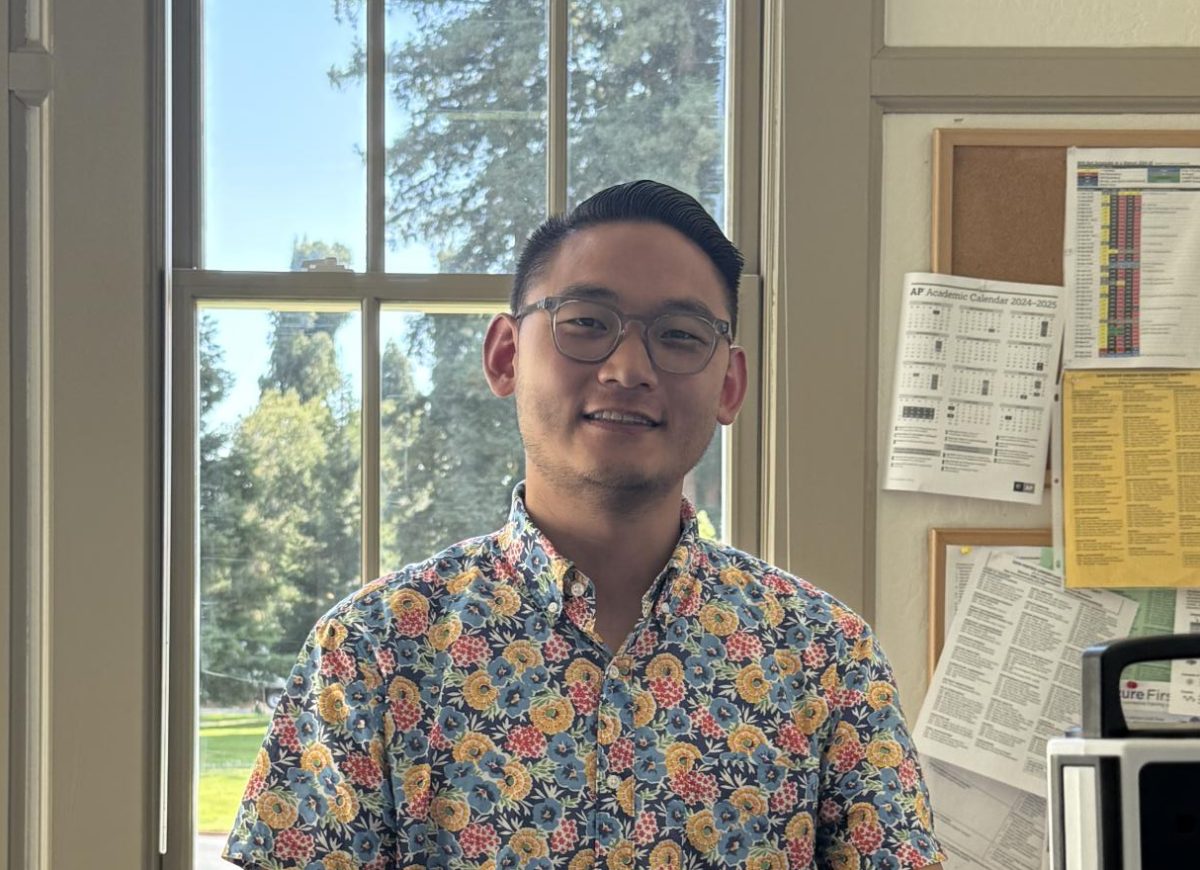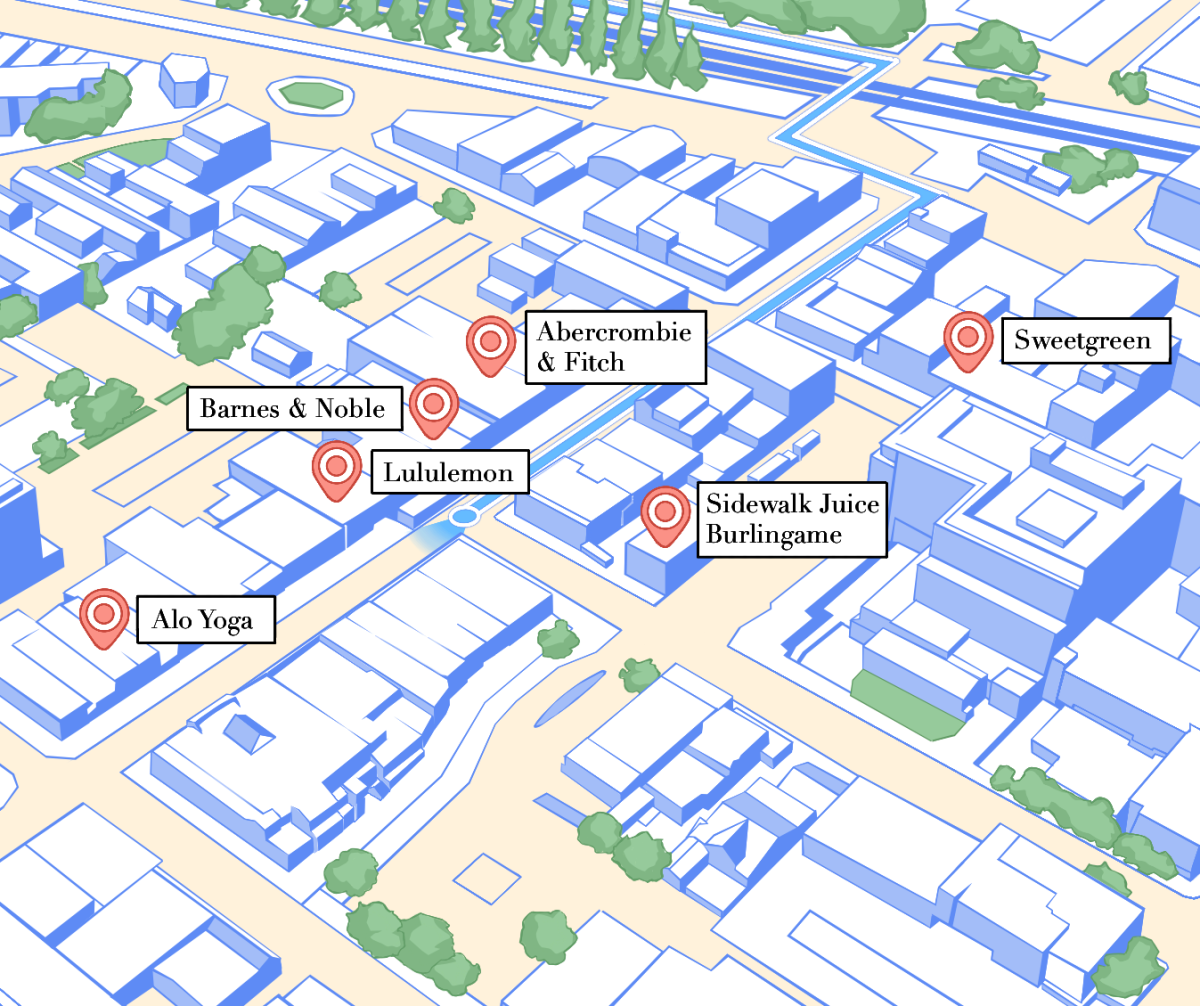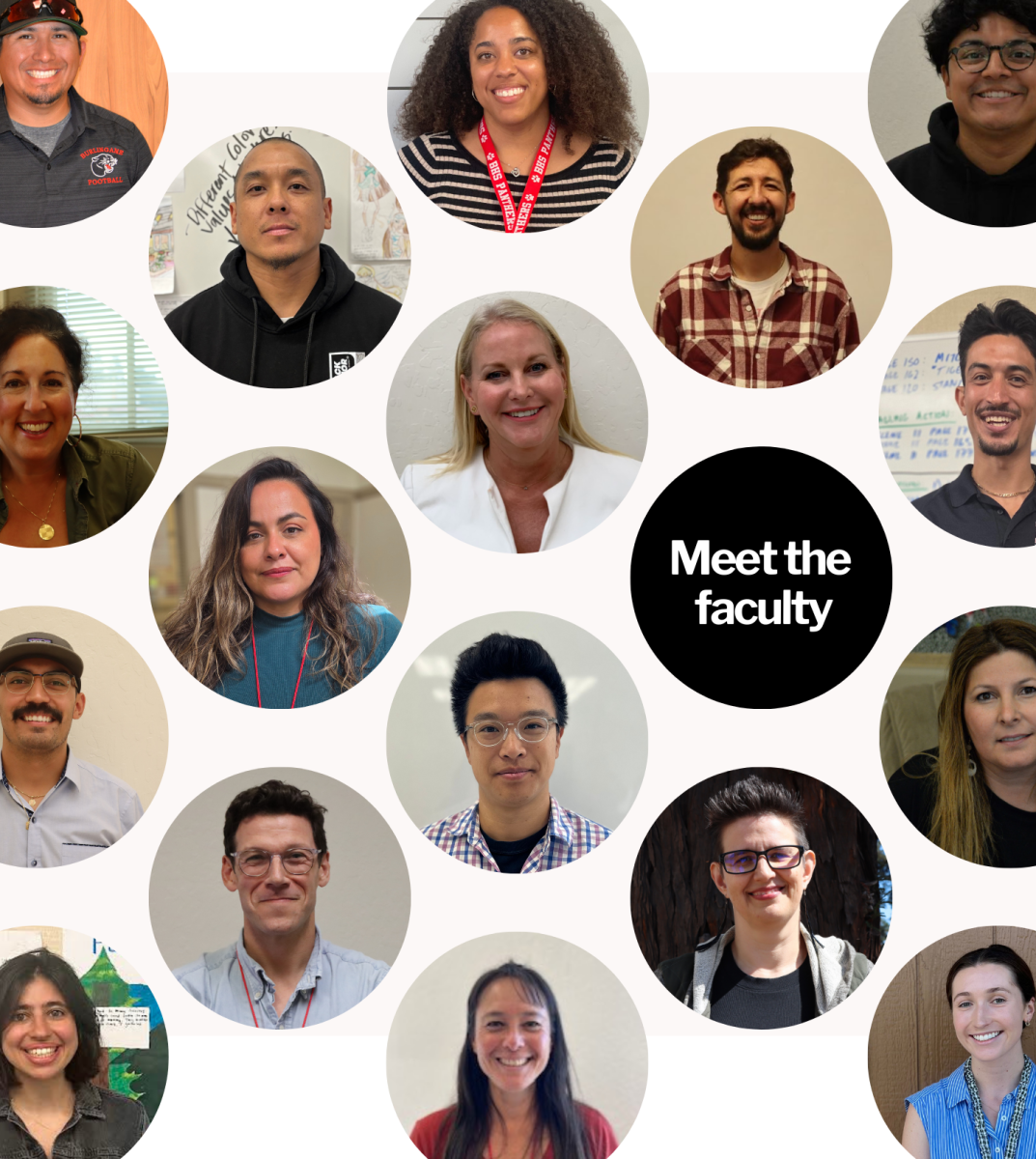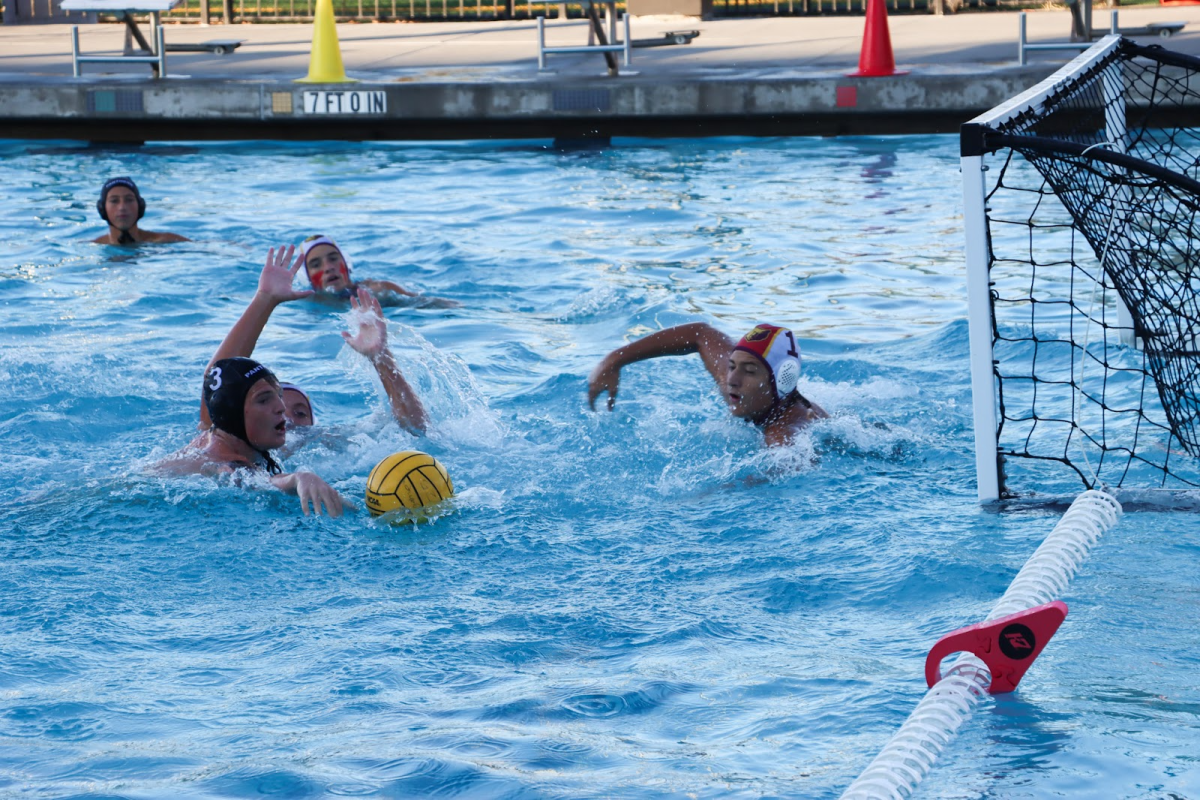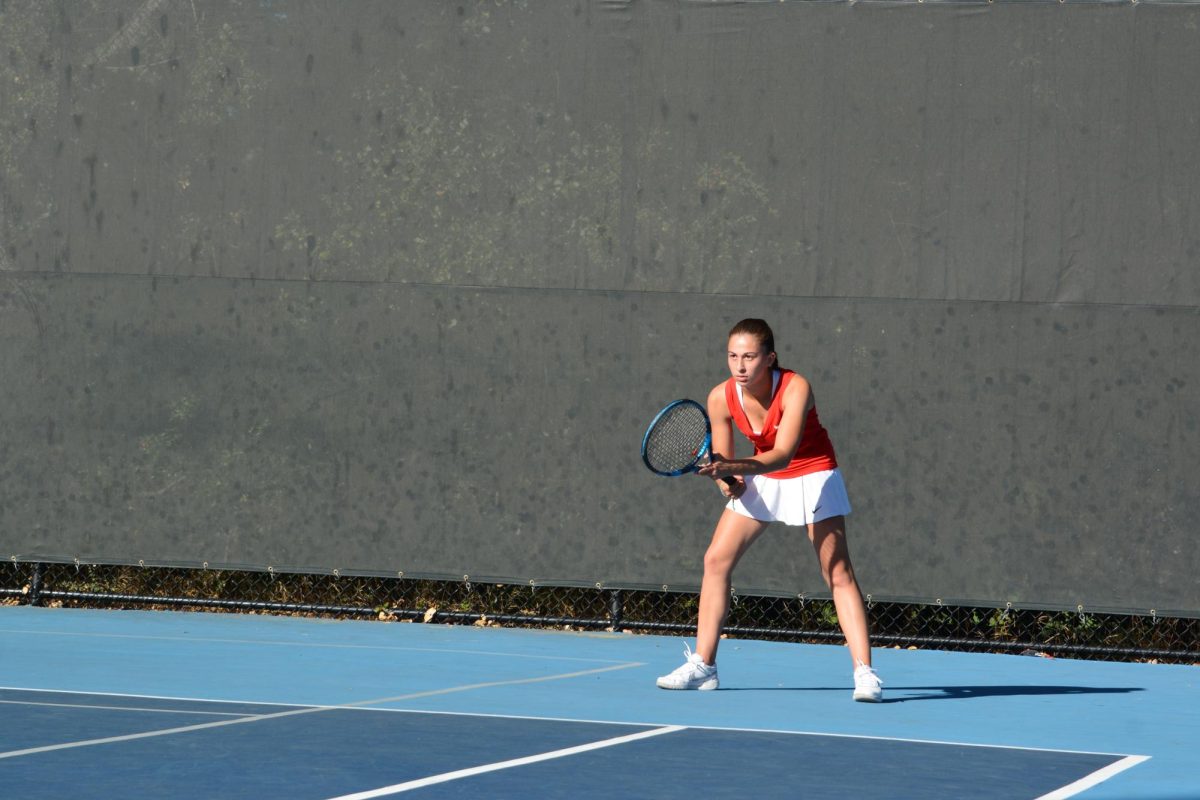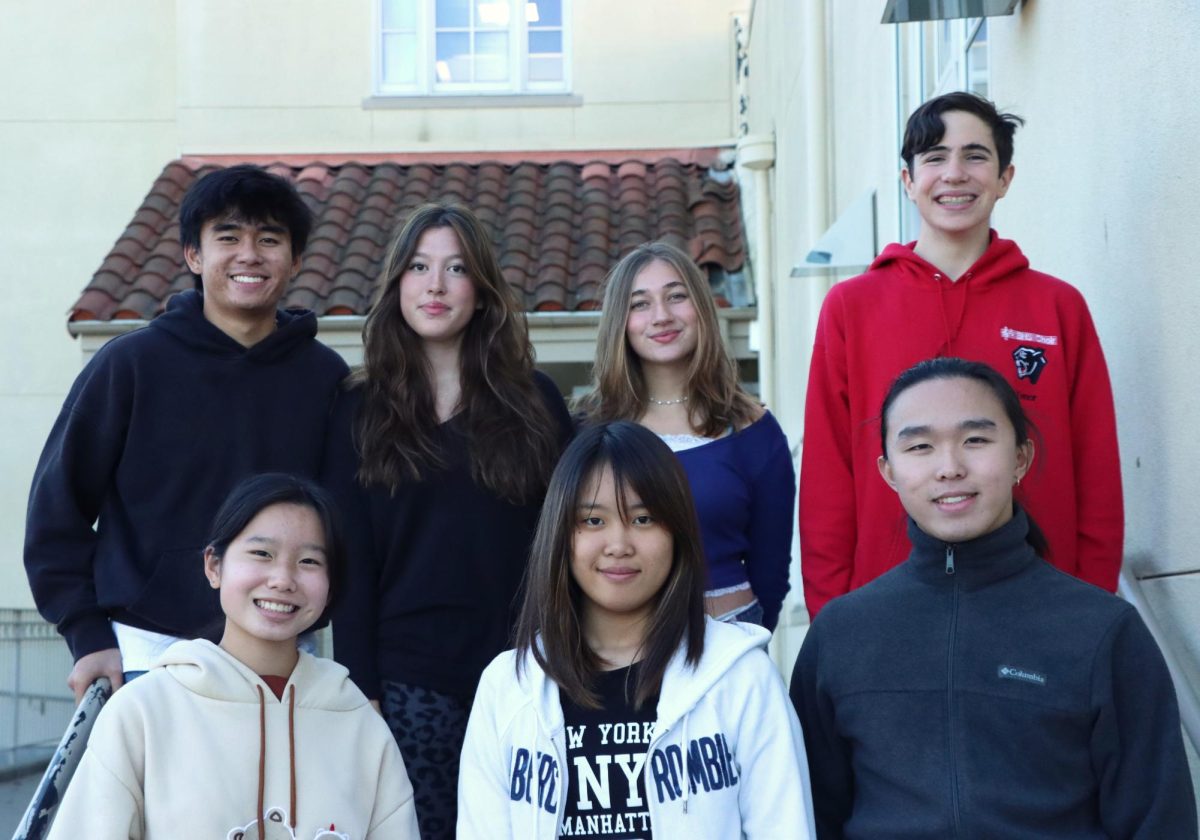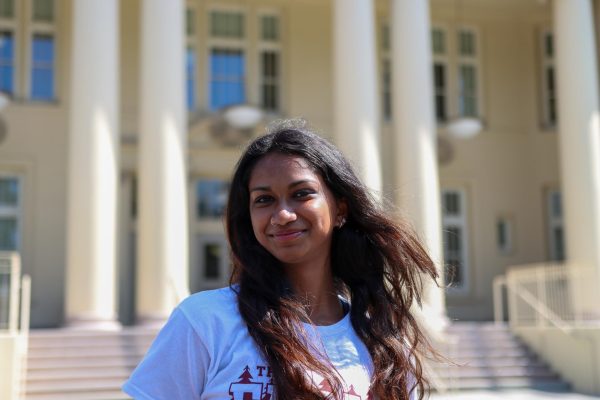Starting in the 2024-25 school year, juniors and seniors can take a semester-long advanced ethnic studies elective. The course will closely resemble Intro to Ethnic Studies, a mandatory course for freshmen, but will delve deeper into each topic.
The plan to implement this course at Burlingame has been in motion for a few years, preceding Principal Jen Fong. Schools throughout the San Mateo Union High School District, such as Hillsdale High School and Capuchino High School, already offer the course. At Burlingame, current U.S. History teacher Megan Nasser will teach the course and has been given management over the class content.
“There’s something about the curriculum that I feel very passionate about,” Nasser said. “I think it’s the focus on marginalized voices and perspectives that draws me in the most. I really like discussing a lot of things that don’t usually get covered in high school.”
The advanced course will last one semester, keeping it from weighing too heavily on students. The fast pace should also keep students interested and motivated.
“[In] one semester you get that organic, initial honeymoon period when you’re first getting to know a teacher and you’re first excited about the content,” said Matthew McDermott, who currently teaches AP Government and Politics and Intro to Ethnic Studies. “It’s an elective, it should be pretty high-interest, high-engaging style. We want to give a lot of students a voice to decide what they want to study.”
Because the class is only one semester, students will have more free reign over their schedules and retain the opportunity to expose themselves to other classes during the year.
“In high school, you’re required to take four years of English, whereas in college, they might say you can choose from the humanities, choose an English or history class and there’s some options,” Fong said. “So in this case, it’s a little bit like starting to express that autonomy and deciding what your class schedule will look like.”
The course will be project-based and hands-on, meaning students will have more control over their exploration of the topics.
McDermott hopes that once students take Ethnic Studies as freshmen, they will be emotionally ready to discuss sensitive topics in-depth and get involved in the activism efforts in the advanced class.
“Our students [will] have matured academically and intellectually. The idea of being an activist and making a change will be there from the beginning, and it will be much more central to everything that we do,” McDermott said. “You have to understand a problem to solve a problem, so hopefully the upper level [course] is going to work on really thinking of solutions based on the work in Modern World History, in English, [and] in the whole school.”
After a positive experience with the Intro to Ethnic Studies course, sophomore Adriana Tjader hopes to take the advanced course during her senior year.
“I’m really interested in the study of people, how we’ve evolved and what social norms we follow today,” Tjader said. “So I think that taking another class about [ethnic studies] and transitioning from that into my [future] job would be really good. I feel like I learned a lot from the [Intro to Ethnic Studies] course. It wasn’t boring, there was always something to do.”
The advanced course will not just revisit topics from the intro class — it will shed light on new issues while avoiding topics already covered in depth. For instance, the course will not feature the subject of redlining, as both the Intro to Ethnic Studies and English 1 classes already teach that. Nasser hopes her class will be a comfortable, homework-free space for students to express themselves and engage in thought-provoking discussions.
“[This course is] for those who want to hear more unique stories and hopefully have a sense of community,” Nasser said. “That’s one of my biggest goals, to have a safe space where we can talk about issues, be honest [and] explore ourselves. And hopefully, it’ll be really fun.”



